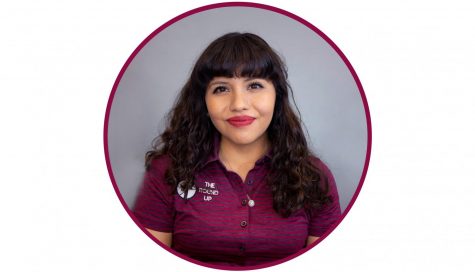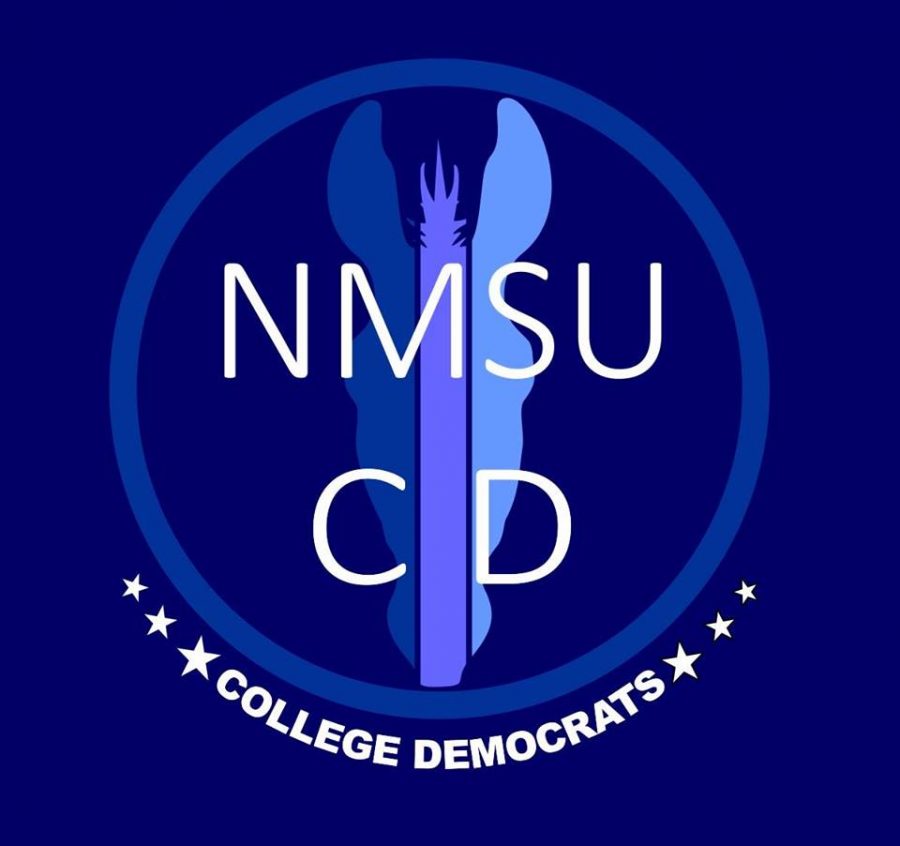NMSU students comment on recent democratic presidential debate

More stories from Marianne Salas
The third debate for the 2020 Democratic presidential primary election took place on September 12 at Texas Southern University in Houston, Texas. It is the first debate that did not extend into two nights and the first televised through the ABC News Network.
All ten candidates who took part in the debate met the qualifications set by the Democratic National Committee. According to The New York Times, candidates were required to have reached 2 percent in at least four qualifying polls and have accumulated 130,000 independent donors.
Candidates who qualified included Sen. Elizabeth Warren, Sen. Cory Booker, Sen. Bernie Sanders, former Vice President Joseph R. Biden Jr., entrepreneur Andrew Yang and El Paso native and former Rep. Beto O’Rourke, among others.
In their opening speeches, several candidates expressed the need for unity in the Democratic Party in order to defeat President Donald Trump in 2020.
Christian Solomon, a member of the New Mexico State University College Democrats, said that the unity of the party should not be centralized only around defeating President Trump.
“If that is the entirety of the candidates’ intent to win back the White House, then they are not prepared to tackle the bigger issues facing the American public,” Solomon said.
Healthcare became a central issue in this debate, with moderate and more progressive candidates clashing over questions of transition and cost.
The first question in the debate was directed toward Biden, who was asked to discuss the differences in his own plan regarding healthcare and how such efforts will be funded as opposed to Sen. Warren’s and Sen. Sanders’ plans.
Biden said that although it will be up to the voters to decide if Sen. Sanders and Sen. Warren are “pushing too far,” Americans must consider the costs of such programs.
“My plan for healthcare costs a lot of money. It costs 740 billion dollars, but it doesn’t cost 30 trillion dollars. 3.4 trillion a year, it turns out, is twice the amount than the entire federal budget,” Biden said.
Biden is a proponent of adding to the Patient Protection and Affordable Care Act, including a “public option” and guaranteeing that all Americans have access to affordable insurance.
Both Sen. Warren and Sen. Sanders support Medicare for All, a bill crafted by Sen. Sanders that seeks to replace all private health insurance coverage with a single-payer system that would be predominantly funded by raising taxes on “large corporations and on the extremely wealthy.”
Sen. Sanders’ Medicare-for-all plan faced criticism by Sen. Amy Klobuchar of Minnesota over the issue that nearly 150 million Americans would be unable to keep their current insurance if Medicare for All was to be implemented.
Soloman stated that Biden’s plan is more appealing and feasible.
“A stable transition for our healthcare system to broaden insurance accessibility is much more feasible than a costly shock to the system proposal like Medicare-for-all,” Solomon said.
Questions of gun control and trade also emerged, with a debate ensuing between Biden and Sen. Kamala Harris of California over whether the president has the power to issue an executive order banning all assault weapons.
Tori Makk, a member of the College Republicans, voiced concern over some candidates that “steamrolled” over the Constitution.
“Kamala Harris laughed at Joe Biden when he said that the president doesn’t have the executive power to eliminate assault weapons. Is this really what we want from a politician? Someone who has veered so far in a political direction that they no longer care about the balance of powers?” Makk said.
The next democratic debate is set to take place on Tuesday, Oct. 15 and will be co-hosted by CNN and The New York Times.

Marianne Salas is a senior at NMSU pursuing a double-major in English and Government with a supplementary major in Law & Society. She will be attending...

